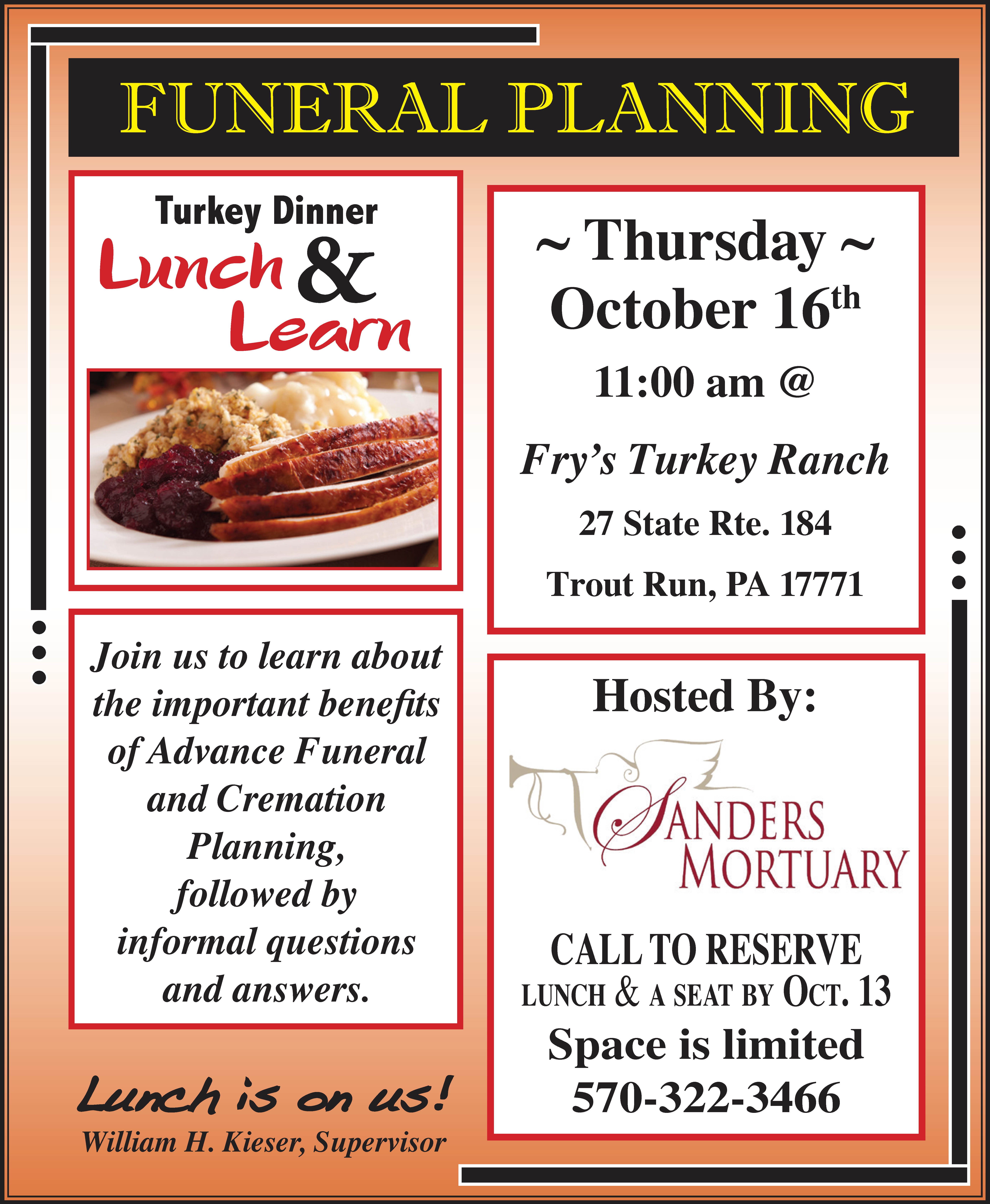British author Patrick O’Brian (1914-2000) churned out more than 20 books in his acclaimed Aubrey-Maturin saga — a series of seagoing stories set during the Napoleonic Wars. Marked by fascinating characters, lush detail and bracingly authentic naval action, they’ve been called “the best historical novels ever written” (New York Times Book Review).
Last week in “Weird Words,” we used O’Brian’s rich vocabulary as a springboard to extol the series’ first entry: Master and Commander, made into a terrific 2003 movie starring Russell Crowe as Captain “Lucky Jack” Aubrey — and Paul Bettany as ship’s surgeon Stephen Maturin.
But your hard-working Webb writer was on vacation at the time, and didn’t want to define O’Brian’s words without a set of good dictionaries.
Here then, is some elucidation on that book’s non-seagoing vocabulary. In celebration of returning home to my beloved stash, I’ve used a different dictionary for each term.
Ablation (uh-BLAY-shun, noun) – “Removal, as by surgical operation” (The Winston Dictionary). In O’Brian, this appears in connection with Maturin’s frequent medical procedures among the crew.
For the record, many dictionaries don’t include ablation — though they do offer the less-helpful ablative, a Latin grammar term (also designating removal) that is no longer widely known or used.
Castoreum (kass-TOR-ee-um, noun) – Not quite the same as castor oil, this is a “brownish unctuous [i.e., oily] substance with a strong, penetrating odor.” Though we now get “castor oil” from beans, in Dr. Maturin’s time it was “secreted by the certain glands in the groin of the beaver.” (Castor was once a name for that species.) The older substance castoreum was “formerly of high repute in medicine,” but it is now used mostly for perfumes. (The oil has, apparently, a not-unpleasant vanilla scent, despite its somewhat unsavory origin.)
Most of the info in this entry comes from my sprawling, two-volume New Century Dictionary — which is not quite as up-to-date as it sounds, having been first published in 1927. (Yeah — different “century.”)
Demulcent (dee-MULL-sent, adj. and noun) – As an adjective, demulcent means “soothing”; as a noun, it’s a soothing substance (Funk & Wagnalls Standard Desk Dictionary). Once again, this is a term from Maturin’s onboard treatments.
Grallatorial (gral-uh-TOR-ee-ull, adj.) – Belonging or relating to long-legged wading birds such as cranes, storks, herons and snipes. (Yep — as in snipe hunt!) From the Latin grallator — literally “one who walks on stilts” (Random House College Dictionary).
As it happens, Dr. Maturin has an abiding interest in the natural world — especially birds, and water-birds in particular. This is just one of many non-naval strands that gives O’Brian’s books such a wide-ranging appeal, even for those not terribly interested in historical fiction.
Hemidemisemiquaver (hem-ee-dem-ee-SEM-ee-kway-vur, noun) – Since Aubrey and Maturin both play instruments — and because this loomed large in the Regency era — music is another of O’Brian’s appealing plot-strands.
In this case, a hemidemisemiquaver — actually defined in an earlier installment of “Weird Words” — designates a sixty-fourth note; or more generally, one-sixteenth of a beat. Though the math doesn’t quite work out, hemi, demi and semi are all Latin bases meaning “half” or “part.” Again, not too many dictionaries have this — but you can always count on the exhaustive Collins.
Holothurian (hall-uh-THUR-ee-en; or hoe-luh-; adj.) – A sea cucumber; that is, any of several “echinoderms” having a “tough, muscular, elongate body with tentacles surrounding the mouth.” Echinoderms, by the way, are “radially symmetrical” marine animals that include starfish and sea urchins. (Merriam-Webster)
Well, I’ve gotten through only half of our O’Brian-supplied vocab. I was hoping to get to the rest next week; but just as I finished this current piece, I learned about the death of actor and director Robert Redford (1936 — 2025). Since my new job at Lycoming College will keep me down to one piece per issue for a while — either words or pop culture — I’ll probably go with the latter next week and do a tribute to this actor.
I dare say he’s one heartthrob most of us assumed would never die — even if “the Kid” couldn’t swim. Oh, yeah — I almost forgot: “The FALL’ll prob’ly kill ya!”



